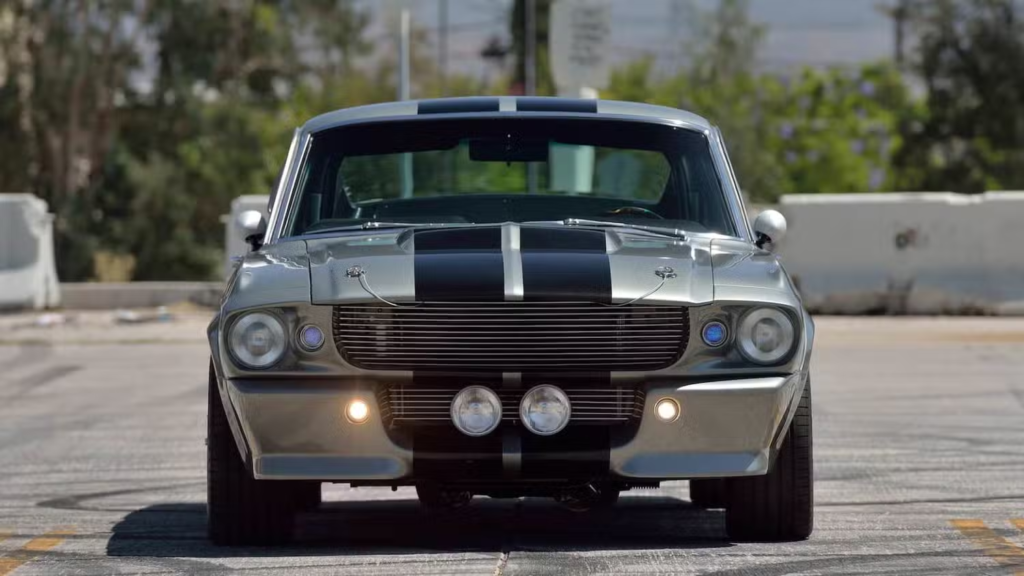Mustang Justice: Shelby Wins Eleanor Court Battle

The iconic “Eleanor” Mustang – best known for its high-speed role in Gone in 60 Seconds Gone in 60 Seconds – won’t enjoy copyright protection, the U.S. Court of Appeals for the Ninth Circuit ruled this week. The decision ends years of legal battles over whether the customized muscle car could be treated as a protected character, like Batman’s Batmobile.
Eleanor Isn’t A Character, Says The Court

For car fans, the ruling is more than courtroom drama – it’s a green light. Builders and shops can now create Eleanor-style Mustangs without fear of copyright lawsuits, provided they steer clear of exact visual copies.
At the center of the case is Carroll Shelby Licensing Inc., which sued Denice Halicki, widow of Gone in 60 Seconds creator H.B. Halicki. Halicki claimed that Shelby and its partners violated an earlier settlement by producing Mustangs that resembled Eleanor. Shelby pushed back, asking the court to officially declare that its cars didn’t infringe on Eleanor rights, Bloomberg Law reports.
This time, the Ninth Circuit sided mostly with Shelby. The court ruled that the Eleanor Mustangs – featured in four films spanning from 1974 to 2000 – do not qualify as copyrightable characters. According to the court, Eleanor is more like a set piece than a unique, recurring persona. It lacks human-like traits, doesn’t act independently, and doesn’t hold a consistent design across the films.
That last point struck a chord. The judges found Eleanor’s look changes too much from film to film to count as a distinct, recognizable “character.” And while some fictional vehicles like the Batmobile have earned copyright status, those rides had a clearer identity and role in their stories.
Shelby Licensing’s original court victory was mixed. A lower court agreed Eleanor didn’t deserve copyright protection, but it refused to give Shelby the clear declaration it wanted. The appeals court reversed that part, sending the case back and suggesting the district court should grant Shelby’s request.
Legal Win Clears The Road For Custom Builds

For enthusiasts, this means more freedom to build and own Mustangs inspired by the legendary Eleanor without jumping through licensing hoops. The ruling could also inspire more shops to take on similar projects – especially builds that draw from Shelby’s legacy without copying Eleanor’s most specific styling cues.
The long-running feud started years ago after Shelby licensed a builder to produce the GT-500E, a car that Halicki said copied Eleanor. That fight ended in a 2009 settlement. But when Shelby licensed another company to make similar Mustangs years later, Halicki threatened legal action again, claiming new infringement. Shelby preemptively sued, reopening the legal battle.

In its ruling, the court made another key point: the 2009 agreement limited what Shelby could and couldn’t do. It restricted copying only specific features, like Eleanor’s hood and inset lighting – not every custom touch that might nod to the film car.
The opinion, authored by Judge Jeremy D. Kernodle with Judges Jacqueline H. Nguyen and Salvador Mendoza Jr. concurring, offers clarity to the custom car world. Eleanor may still turn heads at shows and auctions, but from a legal standpoint, it’s just another sharp-looking Mustang.
This article was originally published by Hotcars






